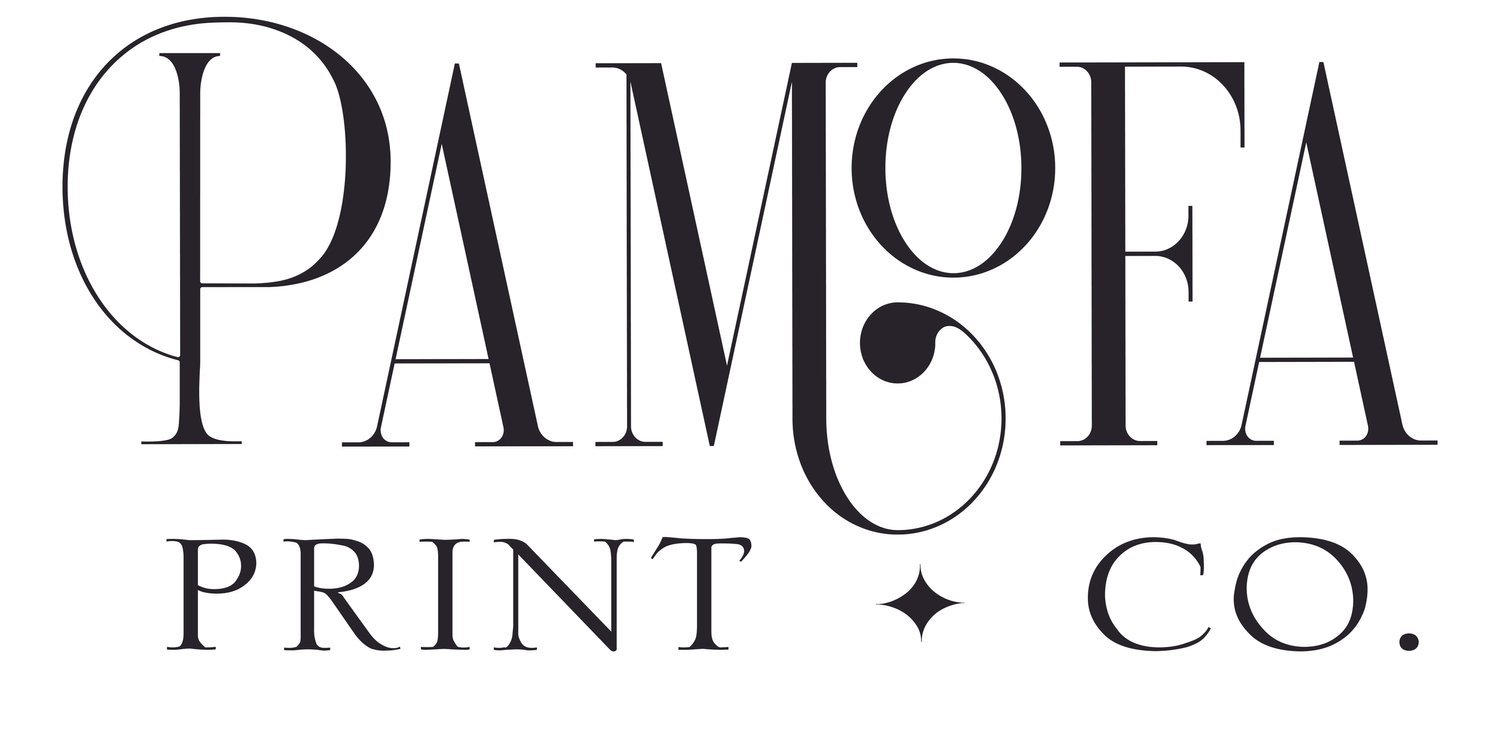Mastering Wedding Invitation Etiquette: A Step-by-Step Guide for Brides
Creating exquisite wedding invitations involves more than just choosing a design—it's about mastering the art of etiquette. In this step-by-step guide, we'll empower you to navigate wedding invitation etiquette with confidence and style.
Creating exquisite wedding invitations involves more than just choosing a design—it's about mastering the art of etiquette. In this step-by-step guide, we'll empower you to navigate wedding invitation etiquette with confidence and style.
1. Crafting the Perfect Wording:
Step 1: Determine the Tone Decide whether you prefer a traditional or contemporary tone for your invitations. Traditional wording tends to be more formal, while contemporary wording allows for a more relaxed feel.
Step 2: Include Essential Details Craft your wording to include essential details such as names, date, time, and location. Clearly communicate your wedding's formality and any additional information, like dress code or reception details.
2. Decoding Dress Codes:
Step 1: Choose the Appropriate Dress Code Select a dress code that suits your wedding style, whether it's formal, semi-formal, or casual. Include this information on your invitations, typically in the lower right corner.
Step 2: Be Clear and Concise Use concise language to communicate the dress code. For example, "Black Tie" or "Casual Chic." If needed, add a brief description to ensure guests understand the expectations.
3. RSVPs Made Simple:
Step 1: Provide Clear Instructions Clearly state how you want guests to respond. Include response options such as a pre-stamped RSVP card, an online RSVP link, or a phone number to call.
Step 2: Set a Deadline Specify the deadline for RSVPs to ensure you have ample time to finalize guest numbers for your vendors and venue.
4. Plus-One Protocol:
Step 1: Define Your Plus-One Policy Decide on your plus-one policy, whether it's extending the invitation to all guests, only to those in long-term relationships, or following a specific criterion.
Step 2: Clearly Address the Envelope If a guest is allowed a plus-one, address the invitation to both parties. If not, address it only to the invited guest.
5. Timelines and Save the Dates:
Step 1: Determine Your Wedding Date Choose your wedding date and then plan backward. Send save the dates six to eight months before the wedding date to give guests ample time to make arrangements.
Step 2: Follow Up with Formal Invitations Mail formal invitations eight weeks before the wedding, providing additional details such as accommodation information and a wedding website link.
6. The Art of Addressing Envelopes:
Step 1: Formal Titles and Names Use formal titles and full names when addressing invitations. For married couples, list both names; for unmarried couples, list names alphabetically.
Step 2: Mind Your P's and Q's Remember to be polite and use proper etiquette, like addressing envelopes to families with children by including the children's names.
7. Navigating Unforeseen Changes:
Step 1: Communicate Changes Promptly If last-minute changes occur, communicate them promptly. Reach out to affected guests personally and consider using digital platforms for quick updates.
Step 2: Adjust RSVPs and Seating Make necessary adjustments to your RSVPs and seating arrangements, taking into account any changes in your guest list.
Mastering wedding invitation etiquette is about striking the right balance between tradition and personal style. Follow these step-by-step instructions to ensure your invitations are not only stunning but also perfectly aligned with proper etiquette.



